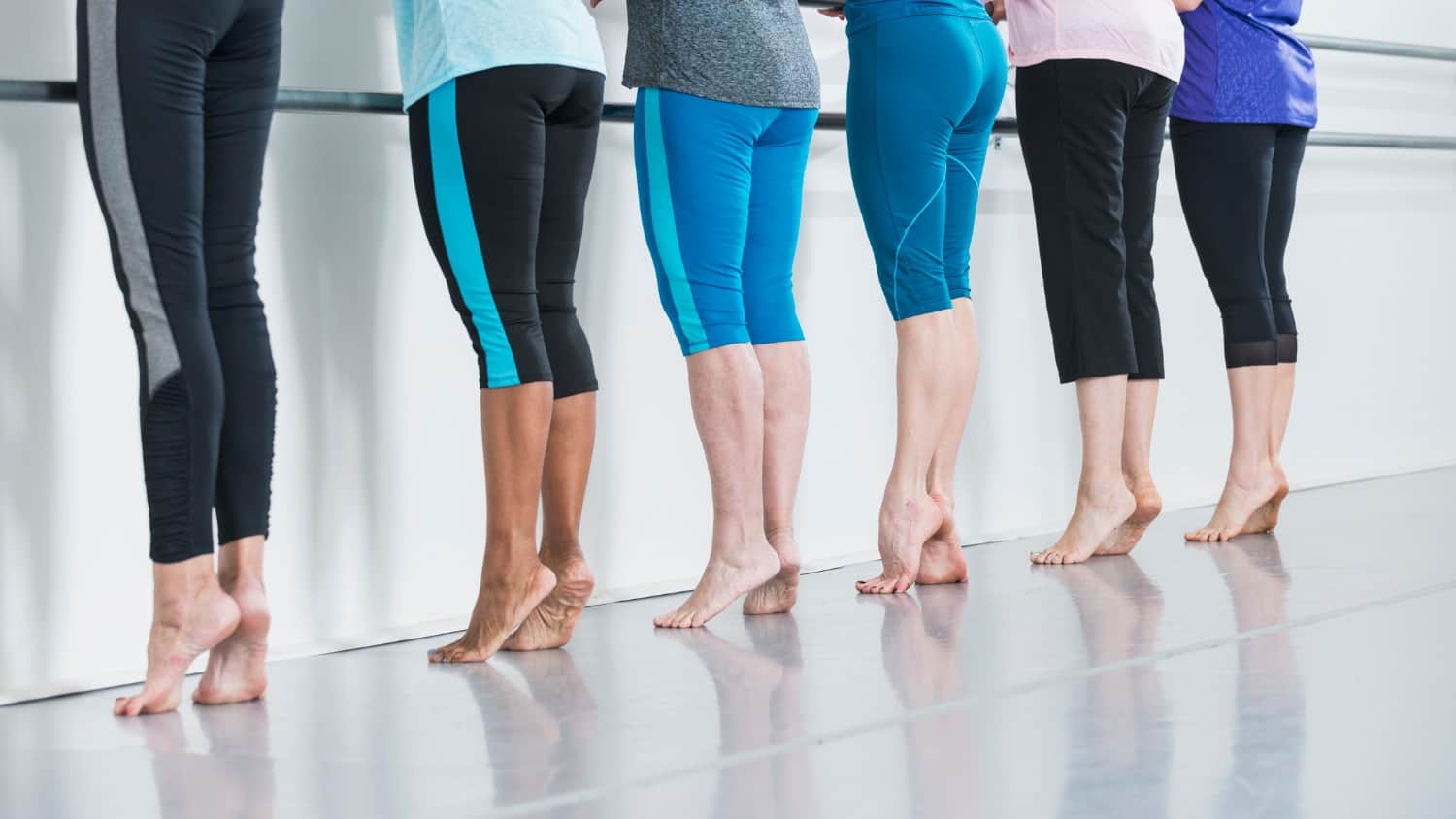
Gaining Height with Age – How Is That Possible?
A friend whom I hadn’t seen for a few weeks greeted me with these words: “Every time I see you, you’re taller.“ You may expect to hear that when you’re seven or 17, but I’m in my 70s. I couldn’t help feeling smug.
I decided to do some research to understand why I wasn’t shrinking like all the other seniors I know. Here’s what I found.
Is It Normal to Lose Height as You Get Older?
Most authorities agree it is normal for one’s body to shrink with age.
According to UAMS Health: “Men can gradually lose an inch (2.5 cm) between the ages of 30 to 70, and women can lose about two inches (5 cm). After the age of 80, it’s possible for both men and women to lose another inch (2.5 cm).”
The Cleveland Clinic attributes this to the fact that “the discs between your spine’s vertebrae flatten, your muscles start to lose mass, and the spaces between your joints narrow.”
How Much Height Loss Is Abnormal?
However, if you’ve lost three or four inches, that could mean you have osteoporosis and so need to consult a medical practitioner. Rheumatologist Dr. Abby G. Abelson, MD, FACR from the Cleveland Clinic says:
“Certainly, losing a half-inch or three quarters of an inch may be normal, but I’ve seen patients who say they’ve lost two, three, or four inches in height, and they thought that was a natural consequence of aging. But it’s not.”
How to Prevent Height Loss as You Age
So, it may be normal, but is it preventable?
The solution for preventing that normal shrinking (not the one caused by osteoporosis) is very clear and involves several strategies:
Get Enough Vitamin D
Mention of Vitamin D automatically brings our thoughts to sunlight. If you spend a lot of time indoors, a vitamin D supplement may be necessary. If you live in a country that doesn’t see much sunlight in winter, you will probably need to take a vitamin D supplement during that time.
Eat Calcium Rich Foods
Calcium is the number one mineral for bone density. It’s best to take it with food, because many calcium supplements contain relatively indigestible forms of calcium.
Aerobic Exercise
Exercise, particularly the aerobic kind, is an important ingredient to a strong body.
One Israeli study measured 2,000 men and women ages 35 to 55 in 1965, and then again in 1995. Those who engaged in moderately vigorous aerobic activity, even if they started after age 40, lost only half as much height as those who stopped exercising in middle age or never exercised at all.
Weight Training
Weight training can help you keep good posture through maintaining muscle mass. I particularly recommend banded face pulls as an important part of your exercise routine. You can even do these easily at home if you buy a set of resistance bands, which are very cheap.
This exercise works the shoulder and the back, so it helps maintain your posture. Don’t be afraid of lifting weights, as there are so many advantages not just in terms of height.
Here’s My Secret
I measured my height a couple of months ago. If anything, I’m about half an inch (1.25 cm) taller than I was in my 20s. So not only haven’t I shrunk, I’ve actually increased my height. So, what’s going on?
My friend who commented on my height went on to say: “It must be all this gym stuff you’re doing.” I think she’s right, plus the nutrient-rich plant-based diet I follow. I also use my bike as my main means of transport, cycling 30–40 miles (48–64 km) a week.
We often think we need to drink cow’s milk to get enough calcium, but in fact there are good vegan sources in green leafy vegetables, almonds, sesame seeds (and so tasty tahini spread), dried figs, chia seeds and pulses (legumes).
All of these foods are packed with other nutrients as well. So, in addition to getting the calcium you need, you’ll be enjoying a whole range of phytonutrients to support your body and well-being.
You may be thinking that you are too old to go to the gym, but think again.
I feel this simple measure – my height now compared with what it was in my 20s – is another indication that I have an abundantly healthy lifestyle (which I proudly document on my Instagram account) that brings along many other benefits.
It is normal for most people to lose height as they get older. This is because they don’t eat a nutrient-dense diet and they don’t maintain their muscle mass through weight training and other fitness activities. I don’t know about you, but I’ve never been that keen on being normal.
Let’s Have a Conversation:
How has your height changed with age? What are you doing to maintain your posture? Do you think it’s possible to reverse the height loss process? Please share in the comments below!
Tags Healthy Aging







Thank you for this email. So I have been going to the gym for decades. I have not shrunk but I still maintained my hright of 5 ft 4 incles. I also at my senior age do not have osteoporosis or osteopenia. So I tell myself, going to the gym and walking etc thus help